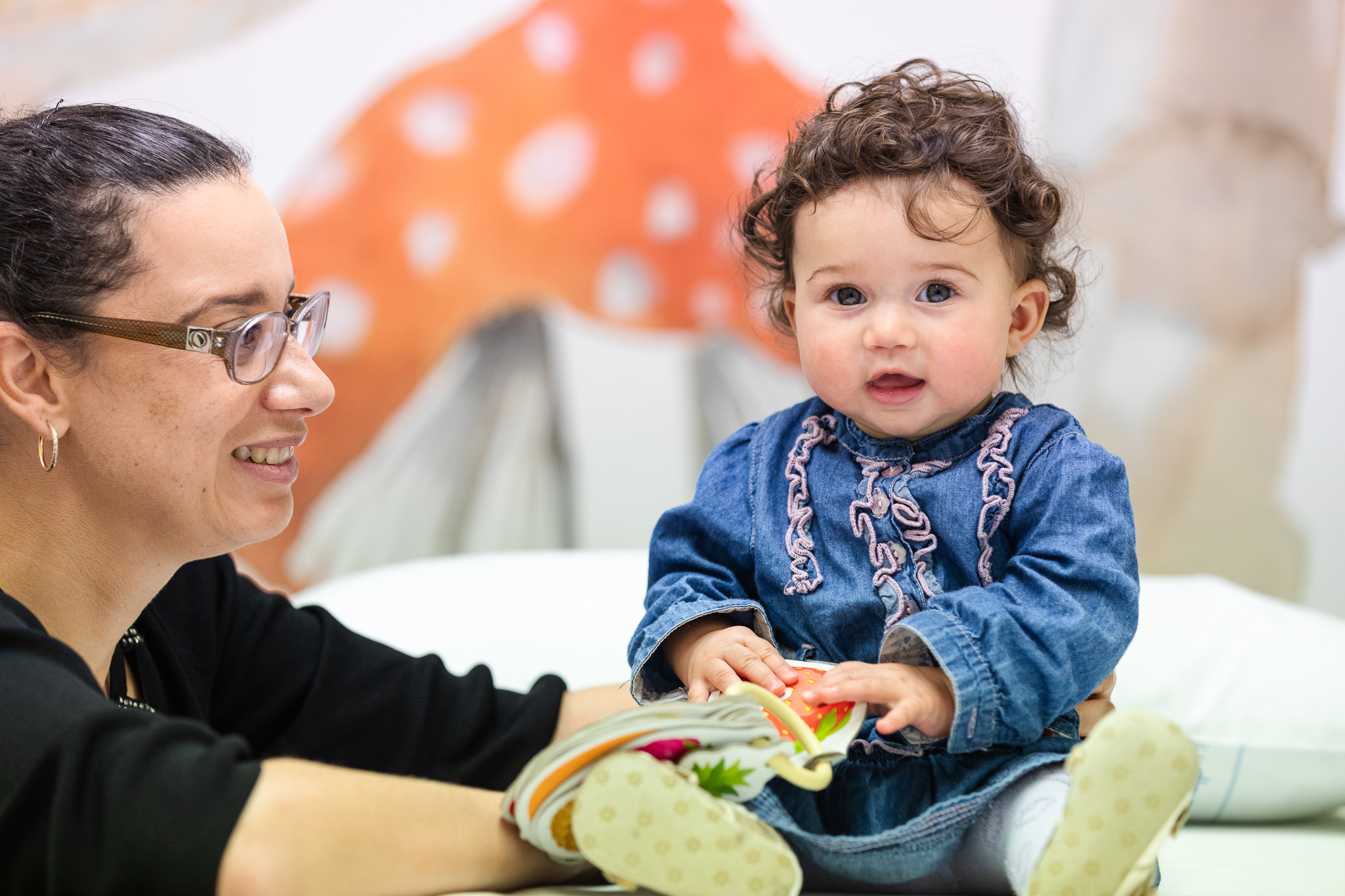Search
Showing results for "early childhood"
Research
Objectively measured infant and toddler screen time: Findings from a prospective studyScreen time guidelines recommend no screens under two years due to the potential negative impacts on development. While current reports suggest many children exceed this, research relies on parent reports of their children's screen exposure. We objectively assess screen exposure during the first two years and how it differs by maternal education and gender.
Research
A population health approach in education to support children's early development: A Critical Interpretive SynthesisThe results from this review indicate that it would indeed be plausible to adapt the population health approach to sites and schools
Research
The 2015 Middle Childhood Survey (MCS) of mental health and well-being at age 11 years in an Australian population cohortmost children report mental health and well-being, but the population distribution spanned the full range of possible scores on every construct.

News & Events
Chronic illness affects young children’s school readinessResearchers from the The Kids Research Institute Australia and UWA have found that young children with a chronic disease are more likely to fall behind their peers in a wide
Research
National School Readiness ProjectResearchers at the Institute were engaged to undertake the National School Readiness Project, which aimed to describe current practice across education authorities in assessing or describing child development status at school entry and use evidence to identify areas where the scope/quality of curren

The Wal-yan Respiratory Research Centre conducts research into a wide range of childhood respiratory disease areas.

RHINO researchers from The Kids' Wal-yan Respiratory Research Centre, will analyse ORIGINS data and turn it into meaningful respiratory and allergy outcome data that can be used by researchers around the world.
Research
Time to get serious about the detection and monitoring of early lung disease in cystic fibrosisStructural and functional defects within the lungs of children with cystic fibrosis (CF) are detectable soon after birth and progress throughout preschool years often without overt clinical signs or symptoms. By school age, most children have structural changes such as bronchiectasis or gas trapping/hypoperfusion and lung function abnormalities that persist into later life. Despite improved survival, gains in forced expiratory volume in one second (FEV1) achieved across successive birth cohorts during childhood have plateaued, and rates of FEV1 decline in adolescence and adulthood have not slowed. This suggests that interventions aimed at preventing lung disease should be targeted to mild disease and commence in early life.
Research
Physical Activity-Related Practices and Psychosocial Factors of Childcare Educators: A Latent Profile AnalysisLimited research investigates early childhood education and care (ECEC) educators' involvement in promoting physical activity. The aim was to identify distinct profiles based on physical activity-related practices and psychosocial factors in ECEC educators and examine how they relate to the amount of time allocated to children's physical activity. A secondary analysis of educator-reported survey data from the Play Active study was undertaken.
Research
Adiposity associated DNA methylation signatures in adolescents are related to leptin and perinatal factorsEpigenetics links perinatal influences with later obesity. We identifed differentially methylated CpG (dmCpG) loci measured at 17 years associated with concurrent adiposity measures and examined whether these were associated with hsCRP, adipokines, and early life environmental factors. Genome-wide DNA methylation from 1192 Raine Study participants at 17 years, identified 29 dmCpGs associated with body mass index, 10 with waist circumference and 9 with subcutaneous fat thickness.
